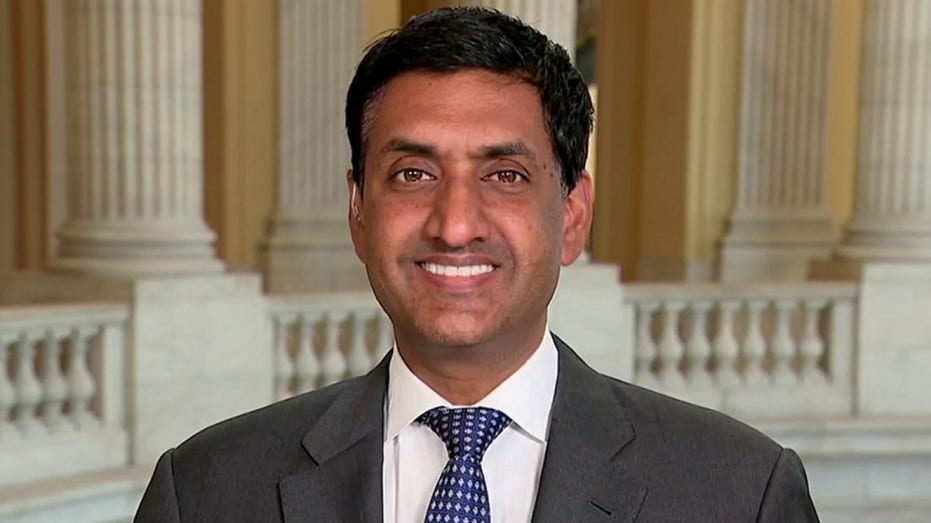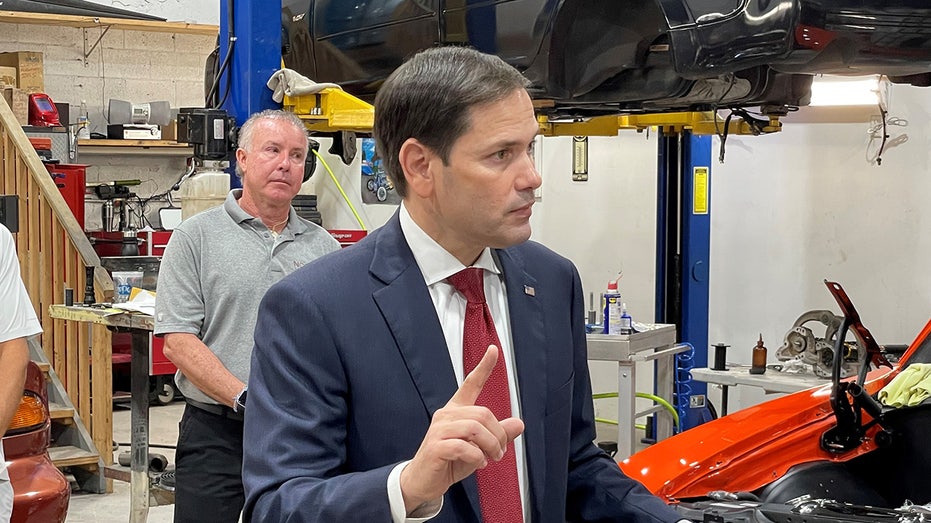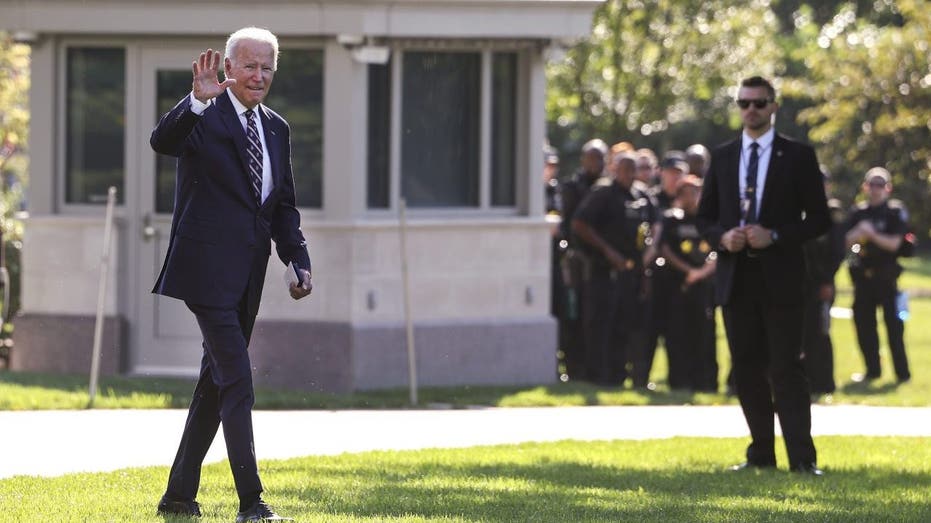Supply-Chain shortfalls targeted by new bill
Sen. Marco Rubio and Rep. Ro Khanna push federal agencies to better coordinate programs to boost manufacturing
China protests exacerbating global supply chain challenges: Jason Katz
UBS managing director and senior portfolio manager Jason Katz discusses how China protests over COVID lockdown rules are impacting U.S. stocks on 'Varney & Co.'
With Congress facing pressure to help fix U.S. supply-chain problems exposed by the Covid-19 pandemic, a Republican and a Democratic lawmaker are proposing steps to force federal agencies to take the lead in preventing future shortfalls while better coordinating existing federal programs to build up domestic manufacturing.
Sen. Marco Rubio (R., Fla.) and Rep. Ro Khanna (D., Calif.) plan to introduce legislation on Tuesday that would force leaders at cabinet-level agencies to identify weaknesses in U.S. supply chains that could hurt national security and domestic manufacturing growth. Leaders would be charged with periodically recommending ways that federal agencies can attract private investment and change federal financing programs to advance U.S. economic-development policies.
The 18-page bill, called the National Development Strategy and Coordination Act of 2022, is meant to address both longtime trends, such as the migration of solar-panel manufacturing to Asia, and short-term problems such as a shortage in medical supplies that U.S. officials encountered once the pandemic hit.

Ro Khanna on oil production and gas prices (Fox News)
The nascent effort builds on previous congressional efforts to strengthen U.S. industries and reduce reliance on other countries, such as China, and its prospects for passage aren’t clear. No other lawmakers have signed onto the proposal, though some have reiterated the need for Congress to address supply-chain issues and shortages of critical items such as baby formula in recent years.
BIDEN ADMIN PUSHES BACK AGAINST WTO REJECTION OF TRUMP'S TARIFFS ON STEEL, ALUMINUM
In July, Congress passed a $280 billion law aimed at boosting the semiconductor industry crucial to modern technology products, a bipartisan acknowledgment that the U.S. manufacturing sector has struggled to compete with Chinese firms.
The Biden administration has called for a number of actions that represent a more active government role in supply-chain issues and domestic manufacturing after his staff investigated problems affecting the supply of semiconductors, large-capacity batteries used in electric vehicles, pharmaceuticals and rare-earth elements that are key to technology and defense.

Senator Marco Rubio
Mr. Khanna, who represents a Silicon Valley-area district, said he believed his proposal is the type of initiative that could unite Democrats and Republicans in an era of divided government. Republicans are set to take control of the House in January, while Democrats are keeping control of the Senate.
"For decades, we watched as American industry went offshore, and we basically offered a Band-Aid to communities," Mr. Khanna said in an interview.
CHINA-US CHIP BATTLE HEATS UP AS BEIJING PREPARES TO SPEND $143B TO BOOST MANUFACTURING: REPORT
"If we want to be a strong nation, we have to rebuild and invest in critical industries at home," Mr. Rubio said. He said the bill would create "the road map, using existing tools within our government, to focus on and invest in things that actually matter."
Mr. Rubio was one of 32 Senate Republicans to vote against the July chips bill on final passage, saying that while he supported the goal of beefing up domestic semiconductor production to compete better with China, the legislation lacked sufficient protections for U.S. research and development.

WASHINGTON, DC - SEPTEMBER 09: U.S. President Joe Biden departs the White House on September 09, 2022 in Washington, DC. Biden is traveling to Ohio to participate in a groundbreaking ceremony at a new Intel semiconductor manufacturing facility. (Phot (photo by Kevin Dietsch/Getty Images / Getty Images)
The bill would force leaders at six major U.S. agencies—the U.S. Departments of Transportation, Energy, Commerce, Labor, Agriculture and Defense—to discuss weaknesses within U.S. industry. The panel would also include leaders from the offices of the U.S. Trade Representative, the Director of National Intelligence, Treasury Department, Small Business Administration and the Federal Reserve.
CLICK HERE TO GET THE FOX BUSINESS APP
Under the legislation, the Department of Treasury’s Federal Financing Bank would be given $20 billion, to be invested over 10 years, to execute on recommendations using loan guarantees, issuing securities-backed financing or buying purchasing debt. Lawmakers don’t have a funding source yet, but they said they expected money extended as a loan to be repaid.




















